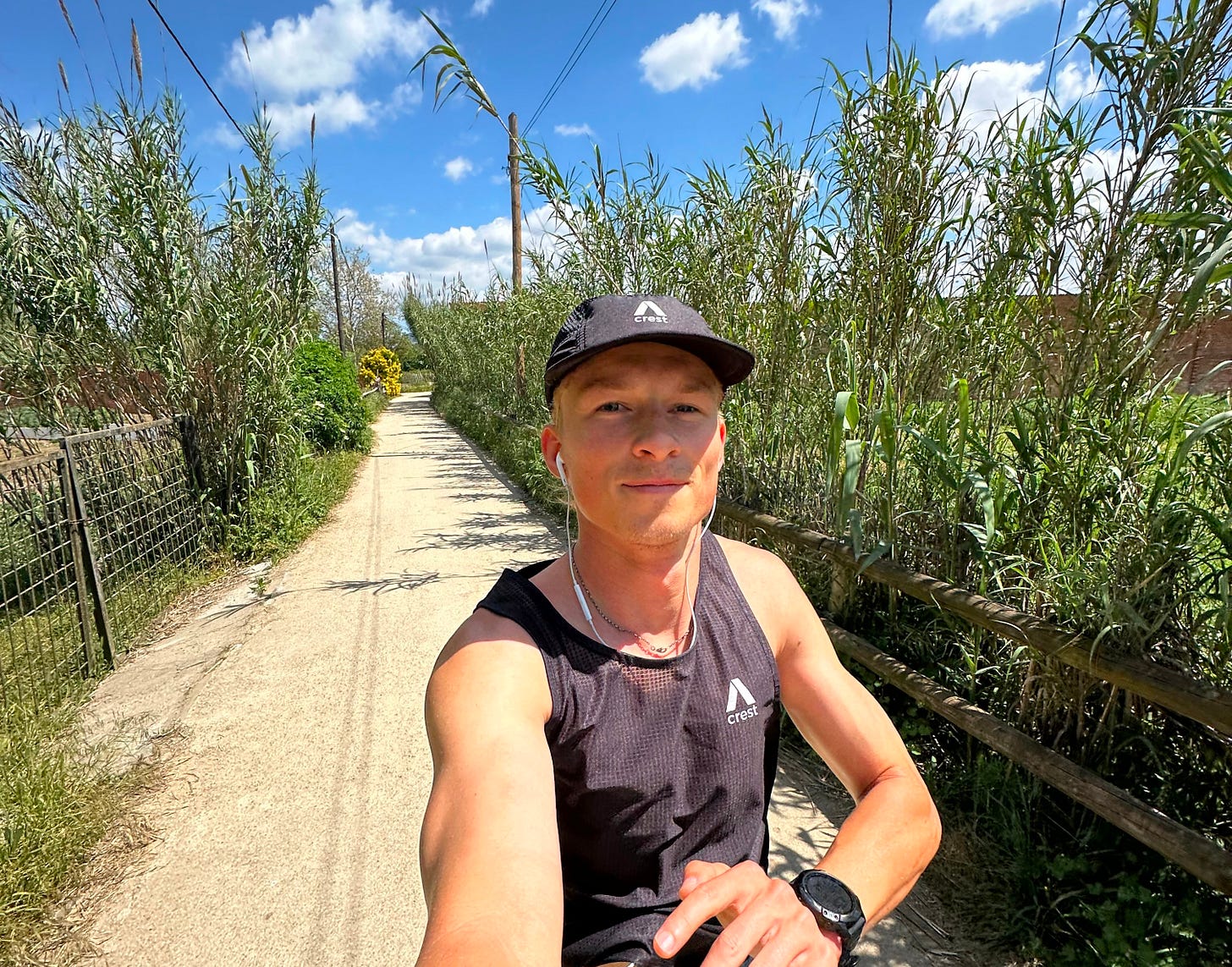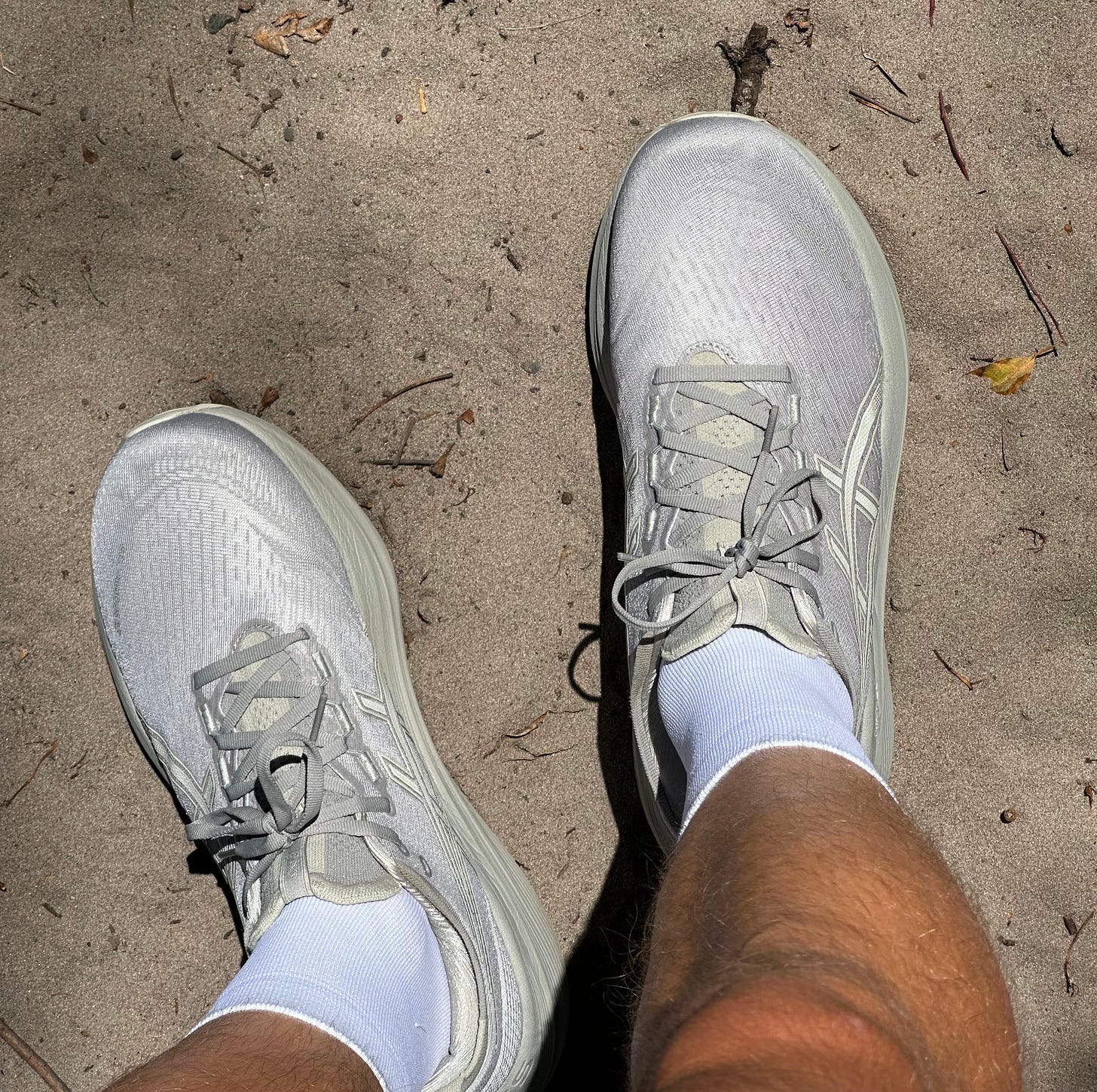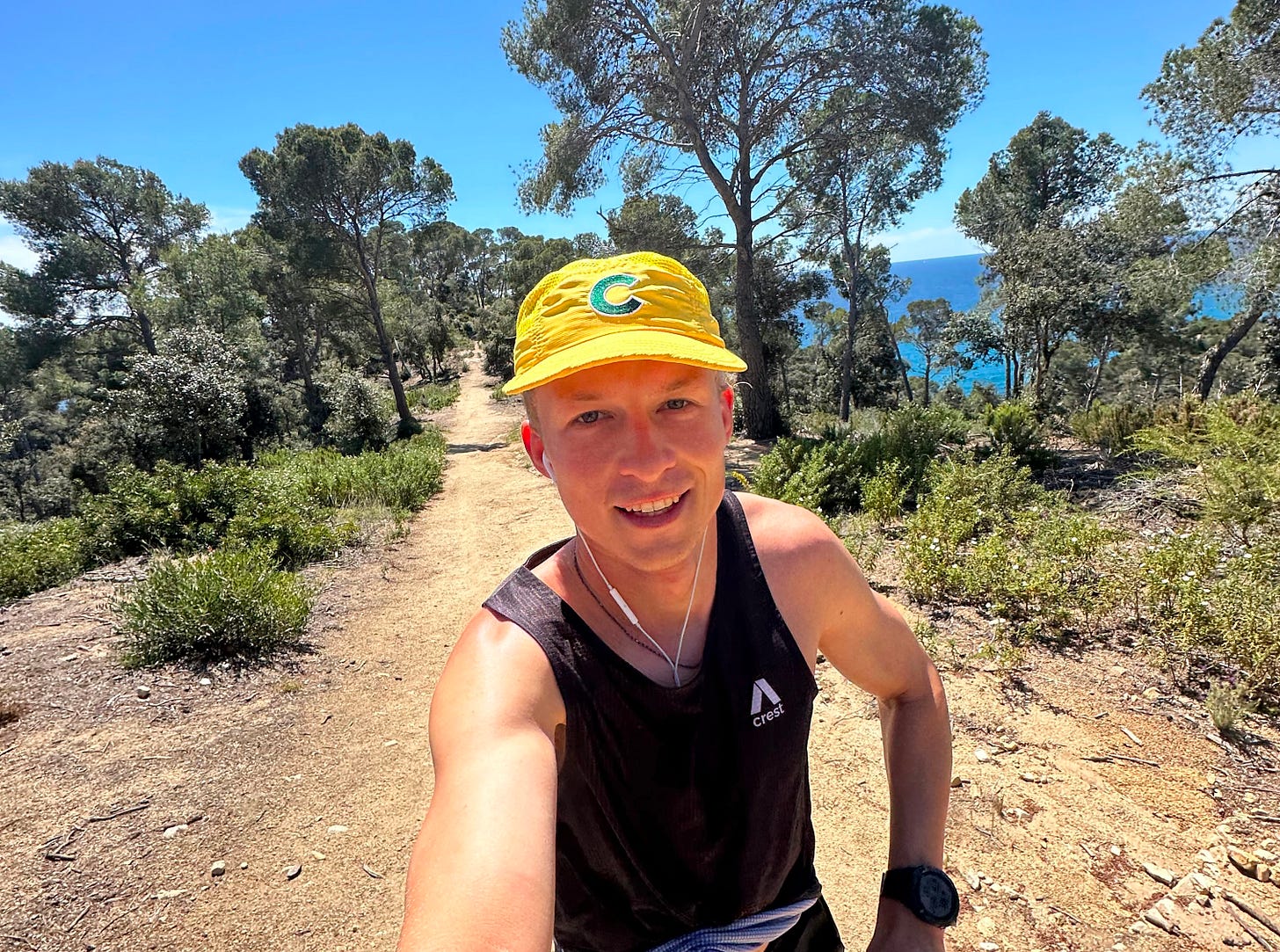- Felix's Newsletter
- Posts
- The individuality of Marathon Running
The individuality of Marathon Running
Don't do as I do
Preparing for a marathon is complex and it looks different for everyone. Your chosen preparation is subject to your capacity to train, the training philosophies of mentors, coaches and running groups you attend, your athletic history, your geographical location and a whole bunch more. So as a non-coach, my question is; ‘how could preparing for a marathon possibly be a one-size fit’s all approach?’

Of course, I have my own experience; what worked and didn’t work for me, the observation of peers and nuggets of wisdom along the way from elites, mentors and clubs. Isn’t that all we have? Our own experience that is. The opportunity to experiment, to receive immediate feedback and to study the resulting data and evidence is available to all of us. It’s this path of individual experience, learning and tweaking that perhaps I enjoy most about the marathon. It’s also this sentiment that is the bedrock of my advice to you; don’t copy my approach.

So to be clear about my own experiences and resulting approach, let’s first talk about some key limitations of mine as a marathon runner.
Strength and recovery; I do the bare minimum. I’m only too aware of the effects of the lack of strength workouts and it’s something I’ve always wanted to be better at. As a triathlete attempting to quell three disciplines, strength is always the fourth and the one that suffers first. I’ve found that without a solid block of strength workouts (preceding a block of running), I shouldn’t be running any more than 60-70kms as my biggest week (pre-marathon) if I’d like to remain injury free. When it comes to actually doing strength and conditioning, I ask runners, coaches and physios that I admire most, I seek out reputable thought leaders on platforms such as YouTube & Spotify, I experiment and understand what my body responds best to based on the fascinating quirks and intricacies of my own rig.
Mixing things up; I don’t vary things a whole lot. In fact, the only discipline I apply to a week of running is the amount of Km’s I’m going to run in any one week. I don’t study any real data from an individual workout, not wearing a heart rate monitor or being particularly aware of heart rate variance. Although, I’m an absolute sucker for that Strava load graph showing some kind of correlation and method to my approach to a run block. I rarely do speed workouts, my excuse being that I regularly to runs with plenty of elevation. So what the hell does all of that mean? For me, I just prioritise longevity, consistency, and enjoyment. I don’t want to get injured, I want to run for the rest of my life, and I really want to enjoy my workout. Could I run a faster marathon? Could I push the limits of my own performance? Could I add in ruthless track and speed sessions? Yes I could, and maybe I will do some of those things, I’m just conscious of the cost at which doing those things come at.

Massive thanks to The Athlete’s Foot for supporting my running goals, as well as supplying the Asics Gel Nimbus 27 more recently; I’ve put 200 km on these and I love them!
With weaknesses, though, come natural and developed strengths of which we should also consider when it comes to marathon preparation.
Body Type; I’m currently 68 kilos and 5ft 11, meaning some northerners in the UK might describe me as ‘2 stone, piss wet through’. That means not very heavy. My gene pool and consequential body type dictate that I don’t have a big upper body and I’m a naturally talented runner. My parents are both slender and are great runners in their own right. Having undertaken 5 years of endurance-specific training, my body has only continued to change in a way that allows me to get better over the marathon distance. It’d be completely unfair for someone to compare their first marathon time to my current marathon time (with all of that context in mind). In the same breath, applying the exact training methodology that works for me to their next marathon might be completely unrealistic and/or unproductive.
Motivation; I’m still learning where my motivation to take on marathons and endurance challenges comes from. Whether it comes from a healthy place or not is absolutely up for grabs. Is high performance healthy? Listen to the High Performance podcast; it’s excellent at showing us the turbulent, weird and wonderful minds of champions and highly motivated people and it’s informed some of my belief systems around the psychology of high performance. I think many people’s connotations of what a healthy mind and body looks like doesn’t actually align with running regular marathons… in fact most might look at a marathon runner and think ‘yeah, there’s something going on there’. For me, the marathon is a goal that acts as a cornerstone in my immediate life path and is something I am quite literally running towards. It gives me structure, discipline, pride and some sense of coherence in a down-right crazy world. What I’m trying to say is that I’m highly motivated to run marathons, and that level of motivation is highly, highly personal and deep-rooted. It’s a strength, but something I continue to try to make sense of.
So where does all of that leave us?
For someone that works in tech, I think it’s pretty exciting that you can now lean on technology to create a somewhat personalised marathon training plan. A large language model can likely produce a targeted and relevant training plan that is grounded in mathematical probability, the result you are capable of achieving based on your previous results as well as a host of other variables. While a machine or app could become your future coach, you may be looking for human connection and companionship in a real coach. I’d encourage you to explore all avenues. Regardless, it’s important to consider that we have access to more data, evidence, good practice and thought leadership than ever before. That’s a really important place to close and it’s exactly the reason you shouldn’t emulate my approach.

My advice to runners who are new to the marathon is to seek out reputable mentors, clubs, physios, data, evidence, technological assistance and conflicting sources of information from as many sources as possible. Run micro-experiments with the bits that you like most, and that you can practically apply in the context of your journey. Share what you're doing with peers and mentors. From there, we can all discover the strategies that will bear the intended outcome, on the important premise that we are all on our own journey. I do believe we can learn something from absolutely everyone, but also that their belief systems are built upon their own experience. There truly is no one rule book, no one-size fits all plan, no silver bullet. We have to toil, fail, persevere, learn and iterate and the experience is going to be highly personal.
For now, here are some principles that are less-so rules and more-so little occasional internal reminders that ring true for me;
Comparison is the thief of joy
I run for enjoyment first
Will this decision make me a better runner in 5 years time?
The result doesn’t define me as a runner or a person
If I never beat my time again, that’s OK
It’s all relative - we are all on our own journey
Looking for more information sources? Check out some awesome creators I follow who are running mad: Tommy Lewis - That’s Runnable, Philly Bowden, Dave the Runner, The Stronger Stride Podcast, Pat McNamara, Bec Putna and the one and only Average Dom Slim